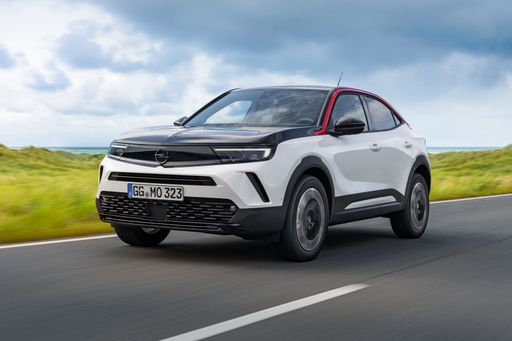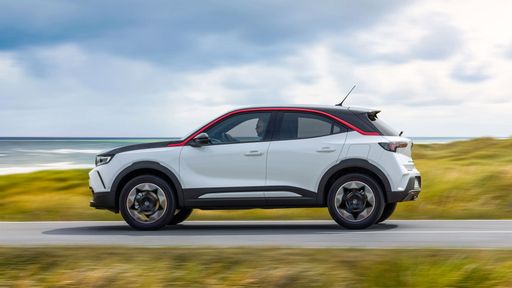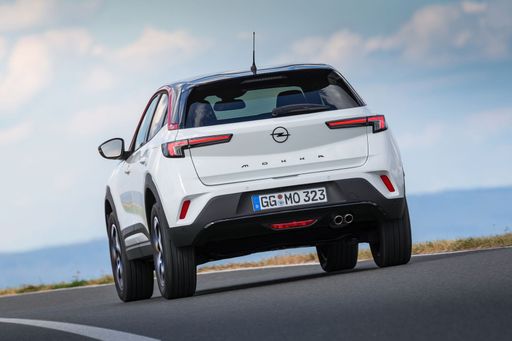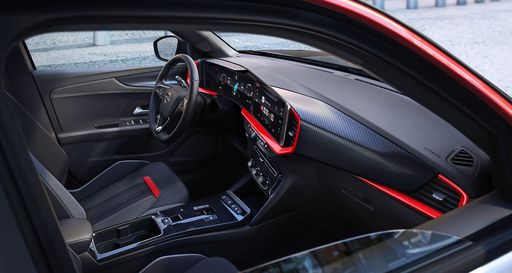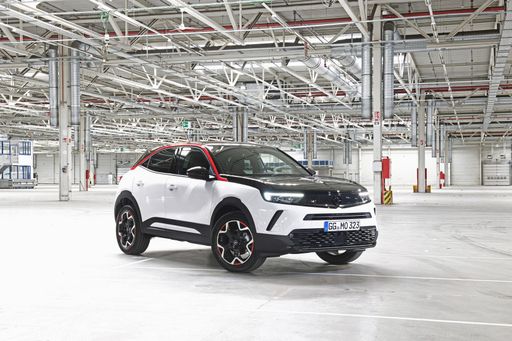Street presence: bold face vs clever charm
The two crossovers wear their personalities on their sleeves: the Opel Mokka projects bold, angular styling that demands attention, while the Toyota Yaris Cross reads as the clever, compact option that prefers practicality over flash. In a car park the Mokka will turn heads, the Yaris Cross will quietly slot into spaces and get on with life. Both look modern, but they appeal to very different tastes — one theatrical, the other quietly assured.

